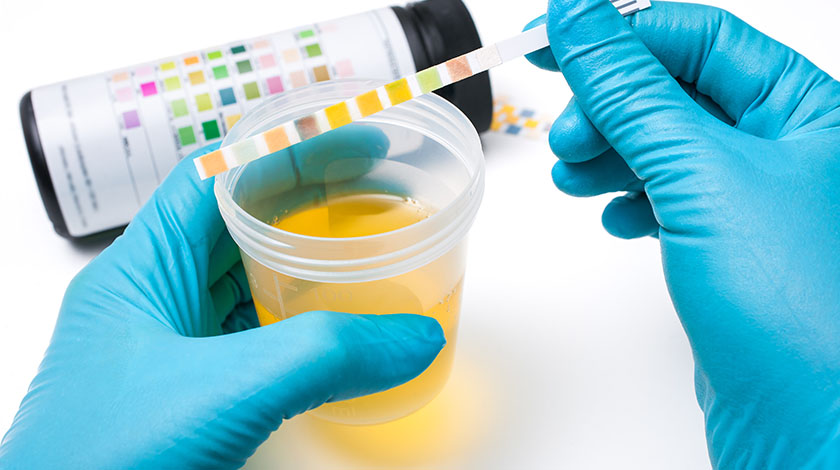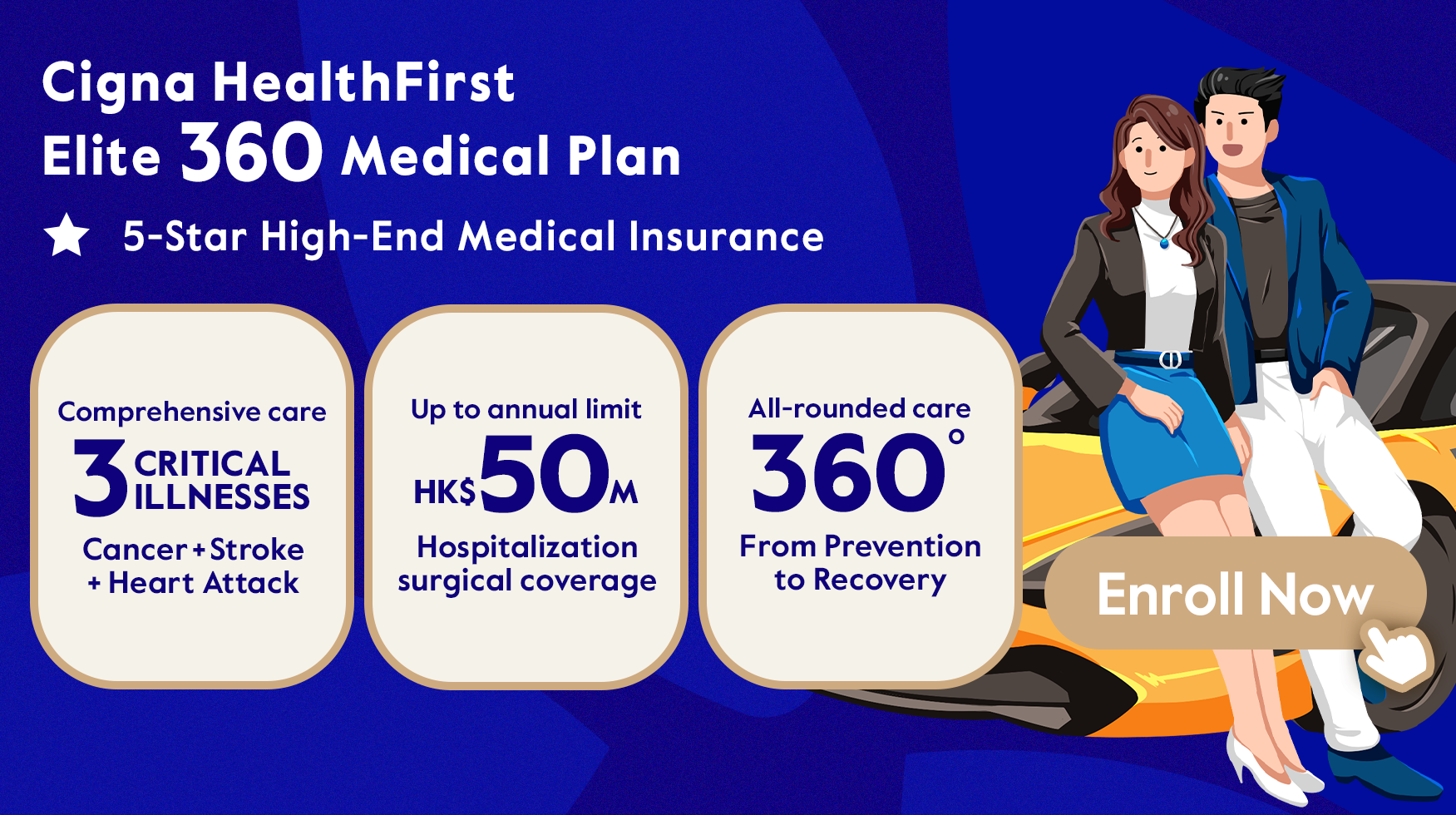How much do you know about prostate cancer? It is the second most common cancer and the fourth most common cause of cancer deaths among the global male population. While men might find it embarrassing to get their prostates checked, early detection is key to survival. It’s time to face this deadly disease positively and learn more about prostate cancer prevention and treatment.
Top 4 Prostate Cancer Risk Factors
Understanding risk factors is key to containing prostate cancer risk.
- Age. 97% of prostate cancer diagnoses are patients above the age of 50. Regular screening is highly recommended for those aged above 40.
- Family history. If an immediate male relative has previously suffered from cancer, your cancer risk may be nearly twice as high.
- Weight. More aggressive forms of prostate cancer are more common in patients suffering from obesity. Men should maintain a healthy diet and exercise regularly in order to stay cancer-free.
- Cadmium exposure. Tobacco contains high levels of cadmium, which has been linked to prostate cancer. If you smoke, it’s time to quit.
Prostate cancer staging
The main stages of prostate cancer range from 1 through 4, indicating how far the tumor has spread.
- Stage 1: Cancer cells remain confined to prostate glands, a condition known as carcinoma in situ.
- Stage 2: The tumor has breached the prostate border on 1 or more sides.
- Stage 3: The tumor has begun to spread in the seminal vesicles.
- Stage 4: The tumor has grown into other neighboring structures, like the bladder or the rectum.
Early signs of Prostate Cancer

Early diagnosis is key to surviving prostate cancer. If you find yourself urinating more or less often than usual, experience erectile dysfunction or discover blood in your urine or semen, a prostate cancer test is the prudent next step. If the test turns out negative, you’ll at least have bought yourself some peace of mind.
While Asian men are ethnically at the lowest risk of prostate cancer, low risk does not mean no risk. It is important to remind yourself or the men you care about to take regular examinations.
Treatment of Prostate Cancer
Below are some common types of treatment for prostate cancer patients.
- Surgery
- Radiation therapy and radiopharmaceutical therapy
- Hormone therapy
- Chemotherapy
- Immunotherapy
- Bisphosphonate therapy
Prostate cancer treatments might come with side effects such as hot flashes, impaired sexual function and loss of desire for sex. Patients are advised to adopt treatment options depending on -
- any other health problems
- the expected side effects
- past treatment for prostate cancer
- the patient’s own wish
Fortunately, most men diagnosed with prostate cancer do not die of it; the 5-year survival rate for most men with local or regional prostate cancer is nearly 100%. Early detection is the key, let’s stand up for prostate cancer in a positive manner!
Cigna HealthFirst Elite 360 Medical Plan offers comprehensive and personalized medical coverage across the stage prevention, diagnosis, treatment and recovery, with a range of hospital and surgical benefits, optional insurance benefits with an annual limit of up to HK$50 million, personalized health assessment, three critical illnesses(cancer, stroke and heart attack) all-rounded care and international medical concierge service. A 360-degree total health protection that spans across all the key stages of your health journey. Learn more here.
Sources:


